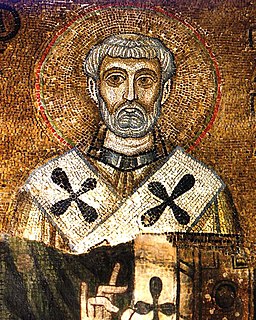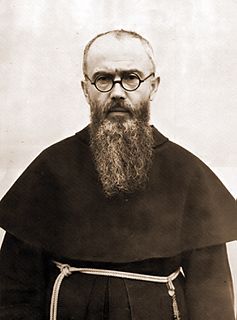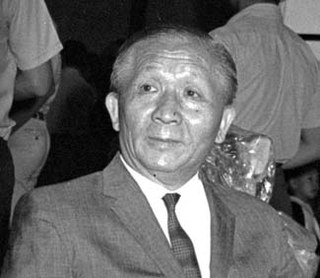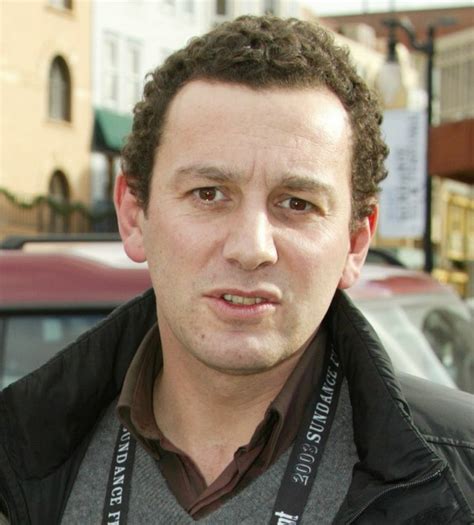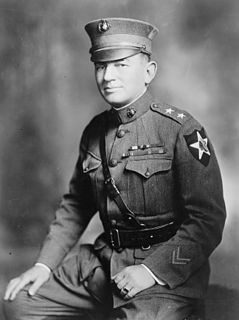A Quote by Aristotle
How strange it is that Socrates, after having made the children common, should hinder lovers from carnal intercourse only, but should permit love and familiarities between father and son or between brother and brother, than which nothing can be more unseemly, since even without them love of this sort is improper. How strange, too, to forbid intercourse for no other reason than the violence of the pleasure, as though the relationship of father and son or of brothers with one another made no difference.
Quote Topics
After
Another
Between
Brother
Brothers
Carnal
Children
Common
Difference
Even
Father
Father And Son
Forbid
Having
Hinder
How
Intercourse
Love
Lovers
Made
More
No Difference
Nothing
Only
Other
Permit
Pleasure
Reason
Relationship
Should
Since
Son
Sort
Strange
Than
Them
Though
Too
Violence
Which
Without
Related Quotes
... if we say that the Father is the origin of the Son and greater than the Son, we do not suggest any precedence in time or superiority in nature of the Father over the Son (cf. Jn. 14:28)? or superiority in any other respect save causation. And we mean by this, that the Son is begotten of the Father and not the Father of the Son, and that the Father naturally is the cause of the Son.
Niepokalanow is a home like Nazareth. The Father is God the Father, the mother and mistress of the home is the Immaculata, the firstborn son and our brother is Jesus in the most Holy Sacrament of the altar. All the younger brothers try to imitate the elder Brother in love and honor towards God and the Immaculata, our common parents, and from the Immaculata they try to love the divine elder Brother, the ideal of sanctity who deigned to come down from heaven to be incarnated in her and to live with us in the tabernacle.
The Son is called the Father; so the Son must be the Father. We must realize this fact. There are some who say that He is called the Father, but He is not really the Father. But how could He be called the Father and yet not be the Father?... In the place where no man can approach Him (I Tim. 6:16), God is the Father. When He comes forth to manifest Himself, He is the Son. So, a Son is given, yet His name is called 'The everlasting Father.' This very Son who has been given to us is the very Father.
You asked for a loving God: you have one... The consuming fire Himself, the Love that made the worlds, persistent as the artist's love for his work and despotic as a man's love for a dog, provident and venerable as a father's love for a child, jealous, inexorable, exacting as love between the sexes. How this should be, I do not know: it passes reason to explain why any creatures, not to say creatures such as we, should have a value so prodigious in their Creator's eyes.
Brother raises a hand against brother and son against father (how terrible!) and the father also against son. And moreover it is a continuity-matter, for if the father did not strike the son, they would not be alike. It is done to perpetuate similarity. Oh, Henderson, man cannot keep still under the blows.... A hit B? B hit C?--we have not enough alphabet to cover the condition. A brave man will try to make the evil stop with him. He shall keep the blow. No man shall get it from him, and that is a sublime ambition.
What is a child, but a piece of the parent enrapt up in another skin? And yet our dearest children are but as strangers to us, in comparison of the unspeakable dearness that was between the Father and Christ. Now, that he should ever be content to part with a Son, and such an only One, is such a manifestation of love, as will be admired to all eternity.
It does not require great art, or magnificently trained eloquence, to prove that Christians should tolerate each other. I, however, am going further: I say that we should regard all men as our brothers. What? The Turk my brother? The Chinaman my brother? The Jew? The Siam? Yes, without doubt; are we not all children of the same father and creatures of the same God?
God loved us, and to prove it to us became human in order to become our brother in the flesh. He became poor, the poorest of the poor, in order to be able to include us all as his brothers (and sisters). He became a little child in order to be like children, even born, children from the slums.
God has loved us and has given us all that he is and has. The Father gave the Son, the Son gave his very self, the Holy Spirit became our habitual sanctifier.... How grateful I should be to this kind Savior!
I still come from a very working-class family. My mother's still a cleaner. And my brother is the gas man. And my other brother runs a cab. I have become a stratified, different, exotic beast, even more so than I was when I was a young gay man. I just sort of built on that. Now that I've made several films, I don't even know how to placate them with money like so many people do with their families.
The relationship between officers and men should in no sense be that of superior and inferior, nor that of master and servant, but rather that of teacher and scholar. In fact, it should partake of the nature of the relationship between father and son, to the extent that officers, especially commanding officers, are responsible for the physical, mental, and moral welfare, as well as the discipline and military training of the young men under their command.

